Keep your website, newsletter, and social media content fresh and engaging with Healthwise HealthLinks. The copy promotes timely health themes by highlighting topics in the Healthwise Knowledgebase. Use the copy below on your website homepage or condition-specific pages, and create links to the related Healthwise Knowledgebase topics. You can also place the copy in emails, newsletters, or any other patient materials.
Table of Contents
ToggleBreast cancer basics: Learn the signs
About 1 in 8 women will get breast cancer, and those odds are even higher for women who have a family history of the disease. While it can’t be prevented, knowing the signs and staying on top of screenings are the best ways to catch it early. A lump is the most common symptom of breast cancer, but itching, redness, and even changes to the nipple can also mean trouble. Learn more about how to detect breast cancer, when to talk to your doctor, and what to do if you’ve been diagnosed.
[Create a hyperlink to Breast Cancer on your website. DOCHWID=tv3614]
Should I be screened for breast cancer this year?
Confused about which type of breast cancer screening is right for you? Unsure about how often you need to do it? You’re not alone—even the experts have a hard time agreeing on guidelines. Factors such as your age, family history, and even breast density should play a part in your decision. The one thing everyone can agree on is that early detection saves lives. Take the test to learn your personal risk level. Then learn about the types of breast cancer screening, and see how often you should be screened.
[Create a hyperlink to Breast Cancer Screening on your website. DOCHWID=tv8455]
Breast cancer: Why your family history matters
The number of people in your family who have had breast cancer can help you and your doctor decide how often to test for breast cancer. But did you know that your family’s history of ovarian cancer matters too? Tell your doctor if any of your relatives—especially parents, sisters, brothers, and your children—have had either of these cancers and how old they were when they found out. Learn more about how family history affects your chances of getting breast and ovarian cancer.
[Create a hyperlink to Family History and the Risk for Breast or Ovarian Cancer on your website. DOCHWID=zx3064]
The rare breast cancer you might not recognize
Even if you don’t have a lump in your breast, tell your doctor any time you notice any changes. Inflammatory breast cancer is rare, but because many women don’t know how to recognize it and mammograms have a hard time seeing it, it sometimes gets missed. If your breast is swollen, red, painful, or itchy, or if the skin looks thick and pitted (like an orange peel), talk to your doctor right away. Learn more about the symptoms of inflammatory breast cancer.
[Create a hyperlink to Inflammatory Breast Cancer on your website. DOCHWID=zx3052]
SOCIAL MEDIA TEASERS
- Breast cancer can’t be prevented, but it can be caught early. Learn the symptoms of breast cancer and when to talk to your doctor.
[Insert a shortened URL to Breast Cancer on your website. DOCHWID=tv3614] - Wondering if you should be screened for breast cancer this year? Get the lowdown on when and how to get checked.
[Insert a shortened URL to Breast Cancer Screening on your website. DOCHWID=tv8455 - Believe it or not, having a relative with ovarian cancer affects your chances of getting breast cancer. Learn more about these cancers and family history.
[Insert a shortened URL to Family History and the Risk for Breast or Ovarian Cancer on your website. DOCHWID=zx3064] - Did you know breast redness, pain, itching, or a rash can be signs of inflammatory breast cancer? Learn the symptoms.
[Insert a shortened URL to Inflammatory Breast Cancer on your website. DOCHWID=zx3052]


